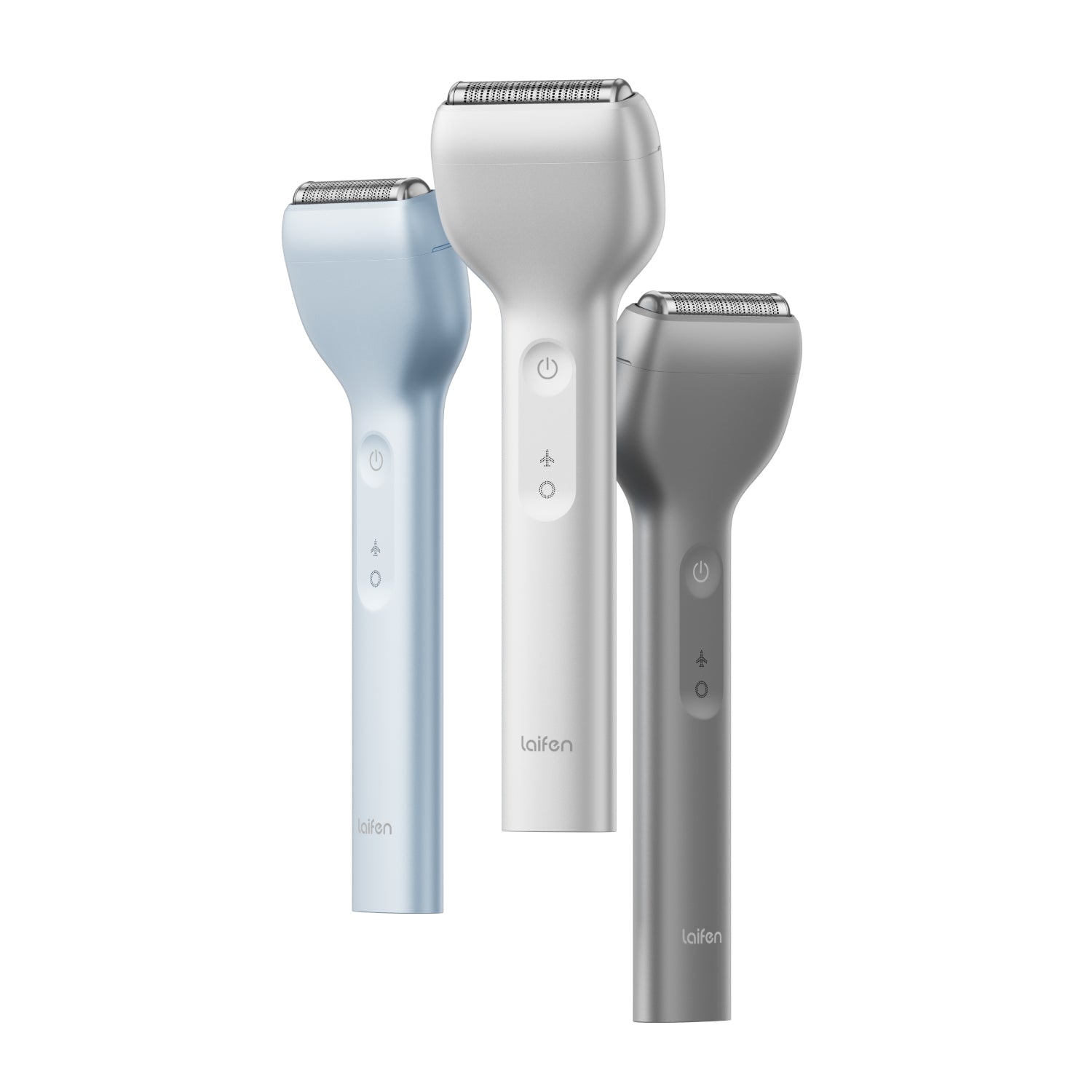
In this article
Tooth sensitivity can be really annoying. Just a sip of cold water or a cup of hot tea, and your teeth start to feel uncomfortable. But don’t worry, you’re not alone. Many people experience sensitive teeth. In this article, I will show you the causes of tooth sensitivity and how you can manage it.
Tooth Sensitivity: What Causes Tooth Sensitivity?
Tooth sensitivity can be caused by several factors. It’s often due to exposed tooth necks or worn enamel, making teeth more vulnerable to cold, heat, or pressure. Incorrect brushing techniques also play a role. Brushing too hard can lead to gum recession, exposing the sensitive tooth necks. Acidic foods and drinks can also erode the enamel. Sometimes, gum inflammation may be the culprit. Possible causes of tooth sensitivity include:
- Worn enamel
- Exposed tooth necks
- Brushing too hard
- Gum inflammation
- Acidic foods
- Teeth grinding
- Cavities
If you notice these issues, it's essential to review your dental care habits and consult your dentist if necessary.
Tooth Sensitivity and Tingling: What to Do?
Have you ever experienced tingling in your teeth after biting into something sweet or drinking something cold? This can be quite unpleasant. But what can you do about it? Here’s how to manage that annoying sensation:
- Avoid extreme temperatures
- Use gentle toothpaste
- Visit your dentist
- Use the right toothbrush
- Strengthen your enamel
- Adjust your dental care routine
Tingling often signals that your teeth need more attention, so it's best to identify the cause and address it accordingly.
Teeth Sensitive to Cold—What Does It Mean?
If your teeth are sensitive to cold, eating ice cream can quickly become unpleasant. This often happens when enamel is damaged or the tooth necks are exposed. But don’t worry, there are solutions. Here’s what you can do if you’re sensitive to cold:
- Use specialized toothpaste
- Fluoride can help strengthen teeth
- Protect your enamel
- Get regular dental checkups
- Avoid mouthwash containing alcohol
With the right care, you can manage cold-sensitive teeth and enjoy ice cream again. Choosing the right toothbrush also plays an important role in reducing sensitivity.
How Does Enamel Loss Affect Tooth Sensitivity?
Enamel is the protective layer of your teeth. When it wears away, your teeth lose their ability to shield against hot, cold, or sweet stimuli. This makes teeth sensitive to pressure and can cause real pain. But why does enamel wear down in the first place, and what can help combat tooth sensitivity?
Causes of Enamel Loss:
- Sugary diets
- Excess acid in the mouth
- Teeth grinding
- Over-brushing
- Aging
To protect your enamel, it's essential to pay attention to your diet and use gentle dental care products. This can help maintain enamel health and reduce sensitivity.
What to Do for Sensitive Teeth? Product Recommendations
If you have sensitive teeth, you don’t need to visit the dentist immediately. There are simple steps you can take at home to alleviate discomfort. Here are some tips for managing sensitive teeth:
- Use a soft-bristled toothbrush
- Avoid acidic drinks
- Strengthen teeth with fluoride treatments
- Use gentle toothpaste
- Pay attention to your diet
By following these simple tips, you can soothe sensitive teeth and prevent further pain.
Which Toothpaste Helps Relieve Tooth Sensitivity?
A good toothpaste can be highly effective in managing tooth sensitivity. There are specific kinds of toothpaste designed to soothe nerves and strengthen enamel. However, with so many options available, it’s important to know what makes a toothpaste truly effective:
- Contains fluoride
- Calms sensitive nerves
- Prevents irritation
- Regenerates enamel
- Gentle on teeth
Using the right toothpaste can significantly reduce sensitivity, allowing you to eat and drink without discomfort.
Laifen Wave Electric Toothbrush: A Great Helper for Sensitive Teeth
Choosing the right toothbrush can make a significant difference for sensitive teeth. The Laifen Wave electric toothbrush is ultra-gentle on teeth and gums. It effectively cleans without damaging enamel and features different brushing modes tailored to your needs, helping to reduce tooth sensitivity.
Conclusion: What to Do About Tooth Sensitivity?
Tooth sensitivity doesn’t have to interfere with your daily life. With proper dental care and small adjustments, you can manage the discomfort. Whether your teeth are sensitive to cold or pressure, there are plenty of solutions available. Just be sure to treat your teeth gently and schedule regular dental check-ups. This will help keep your teeth strong and healthy.















